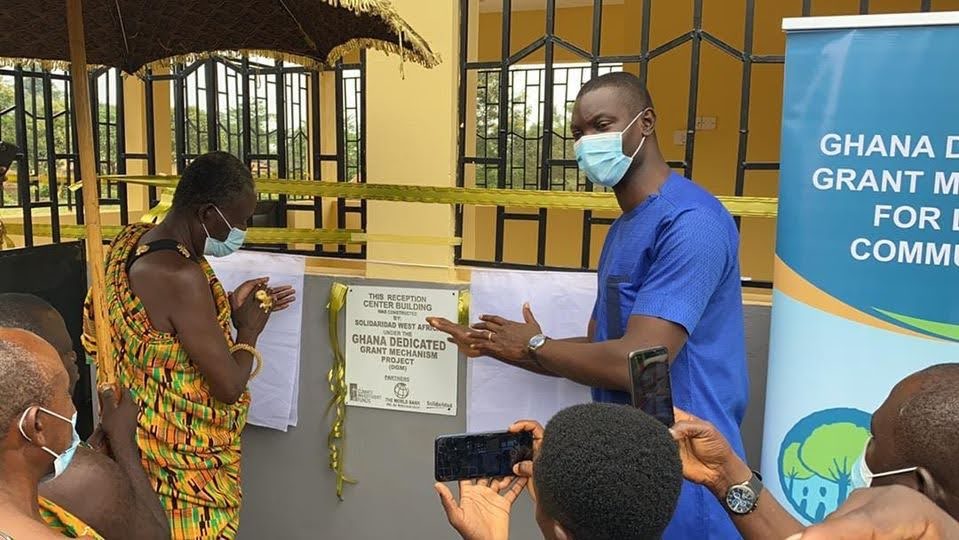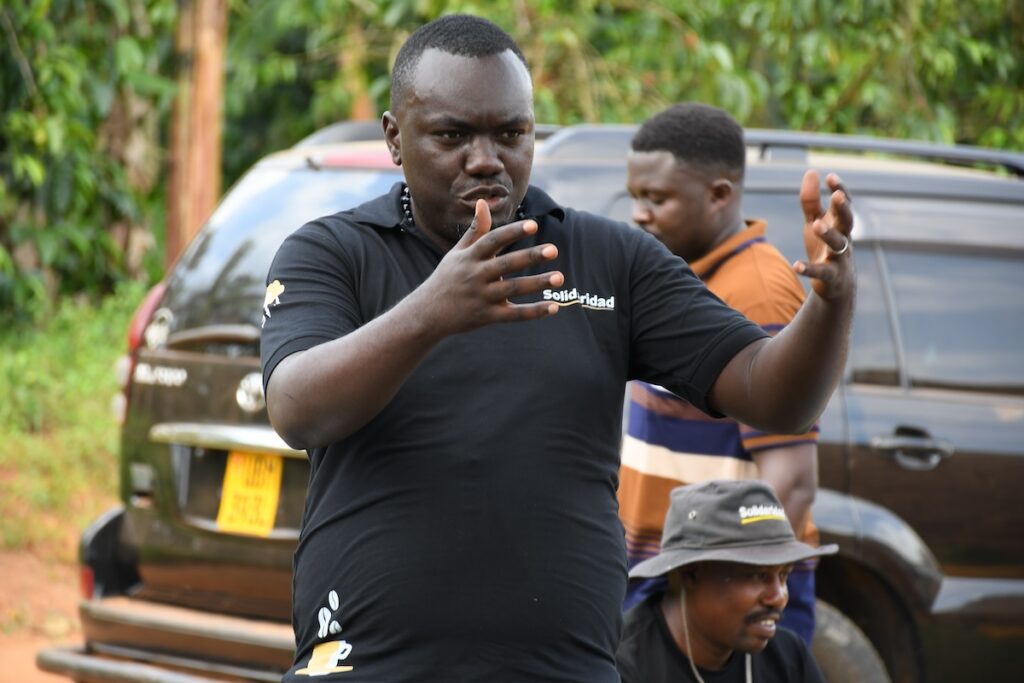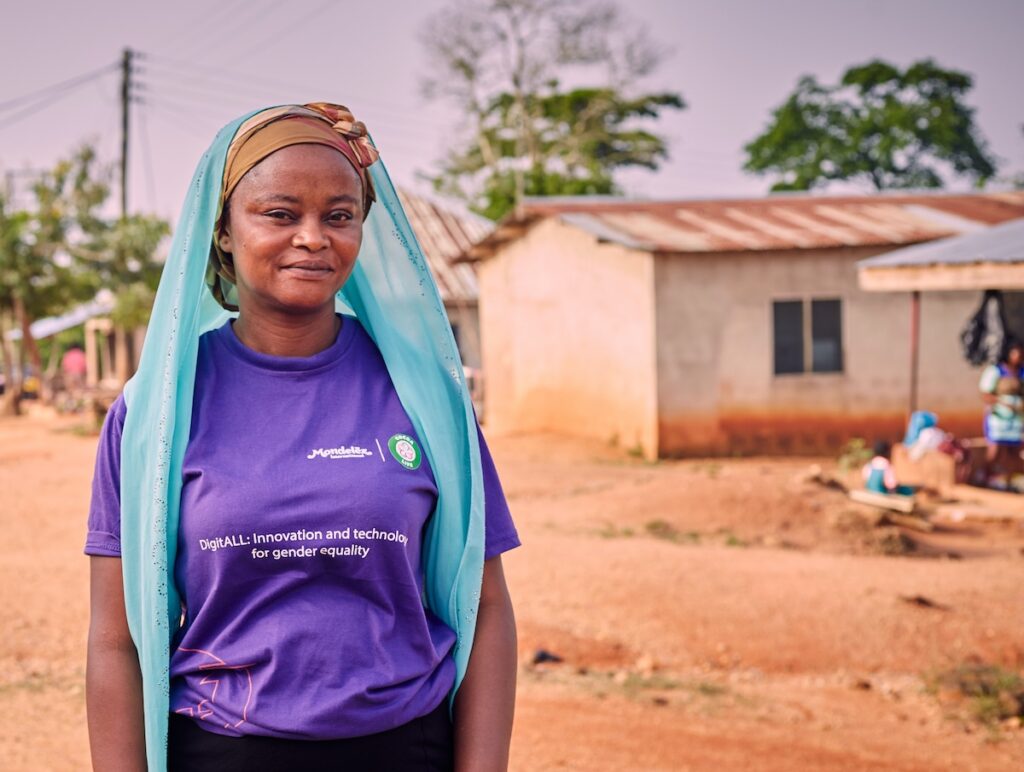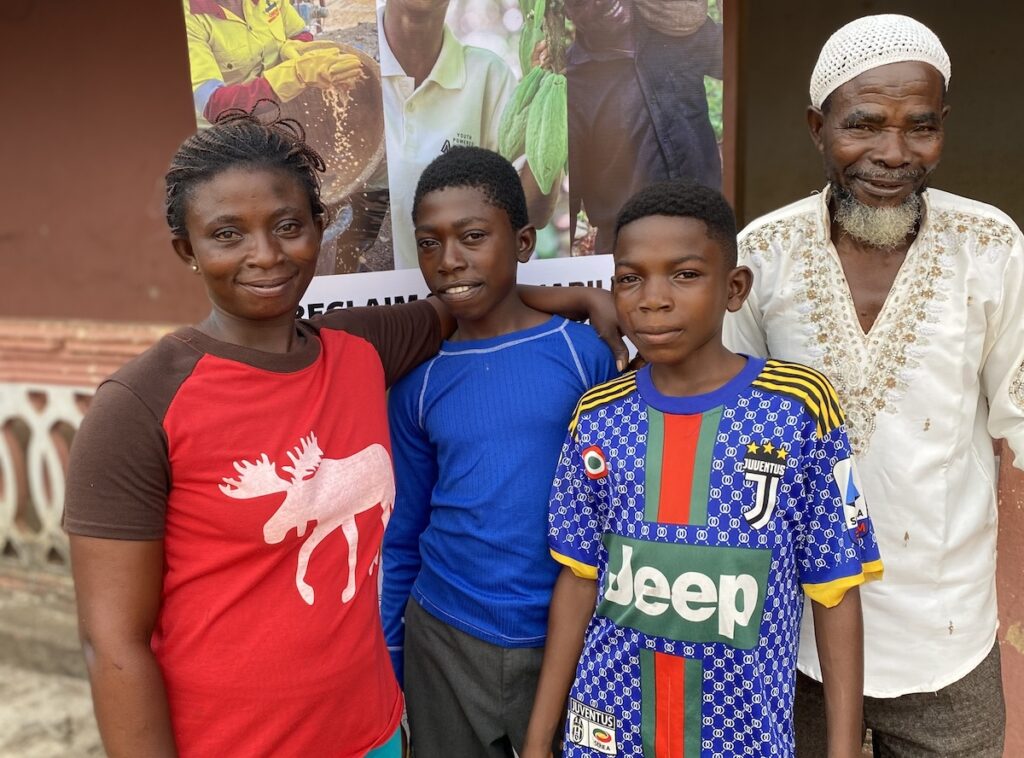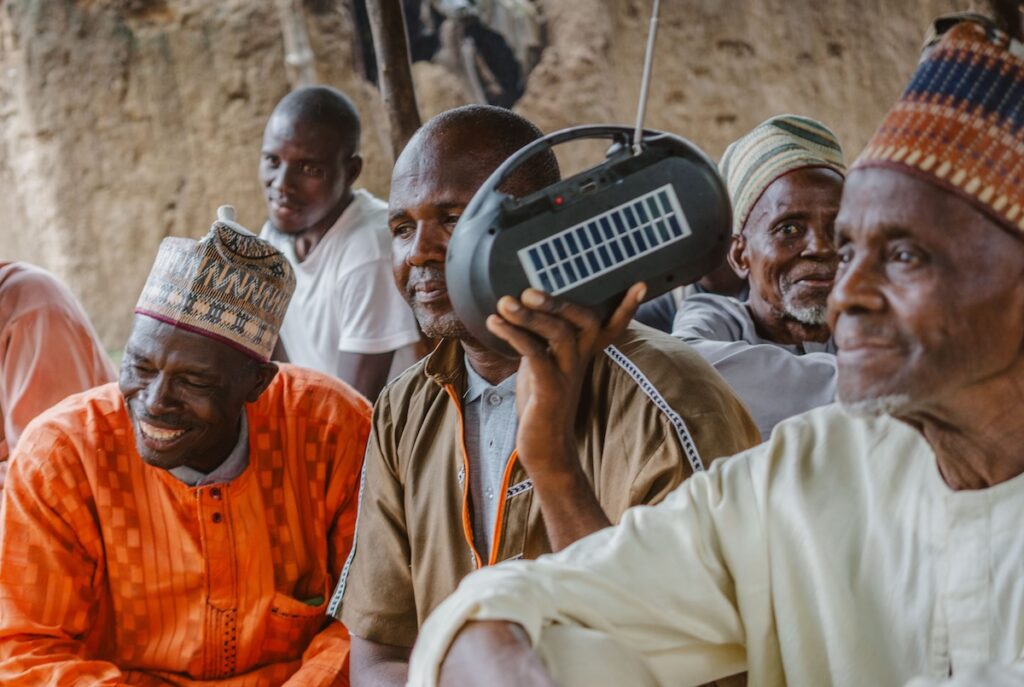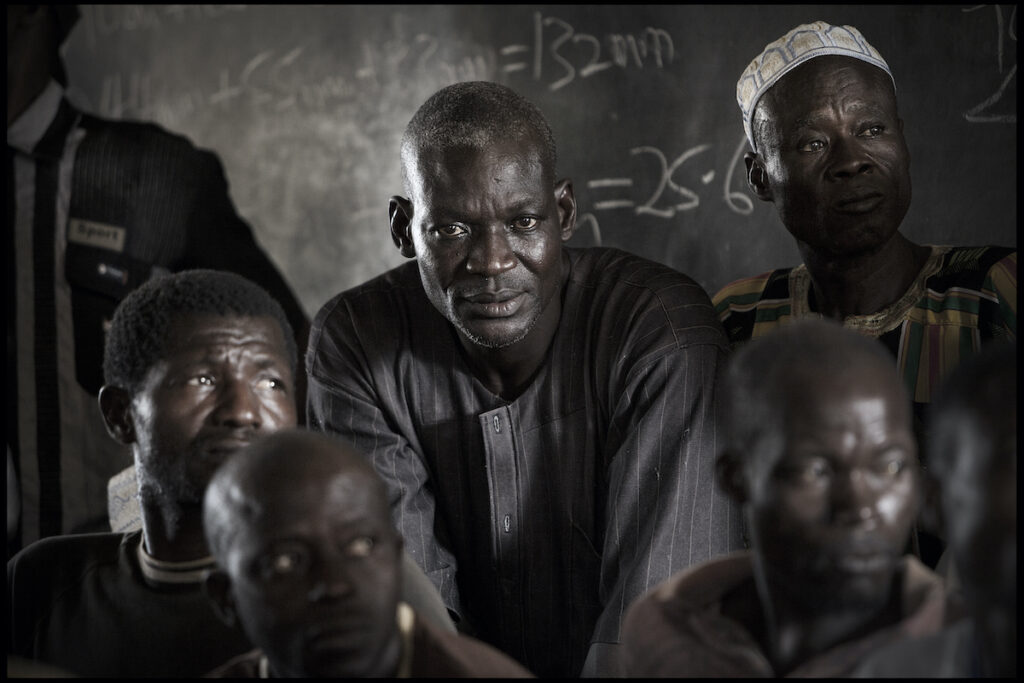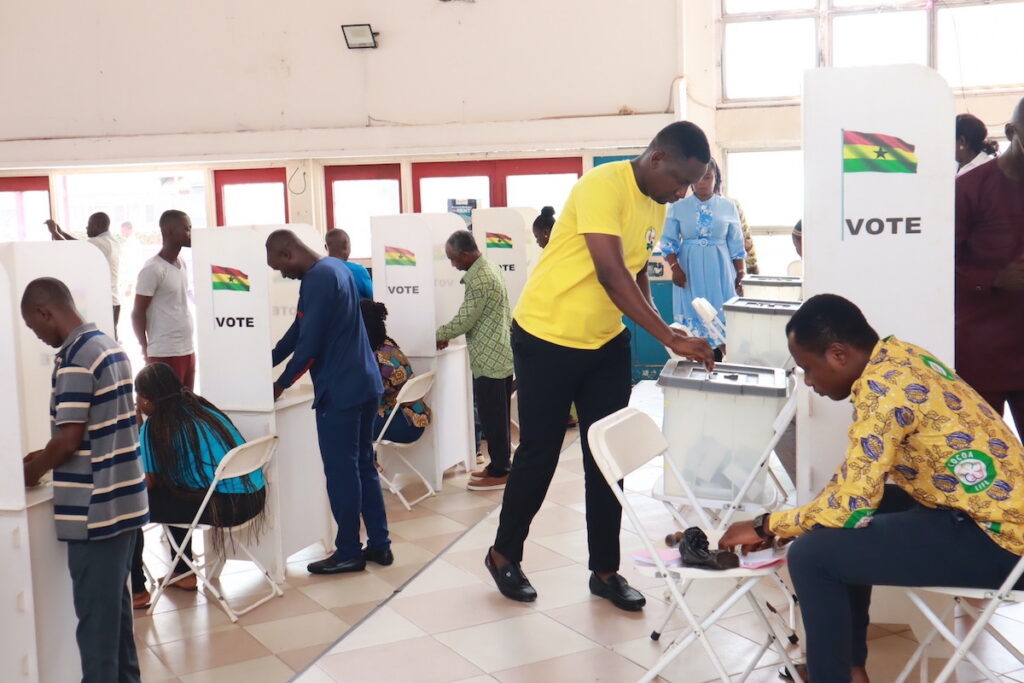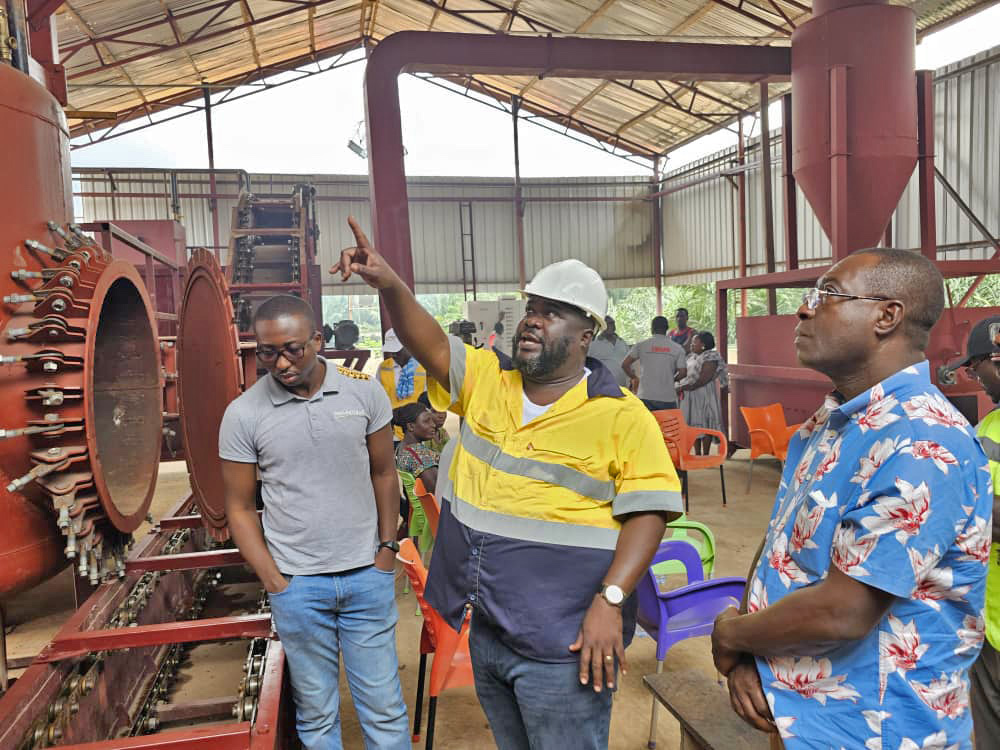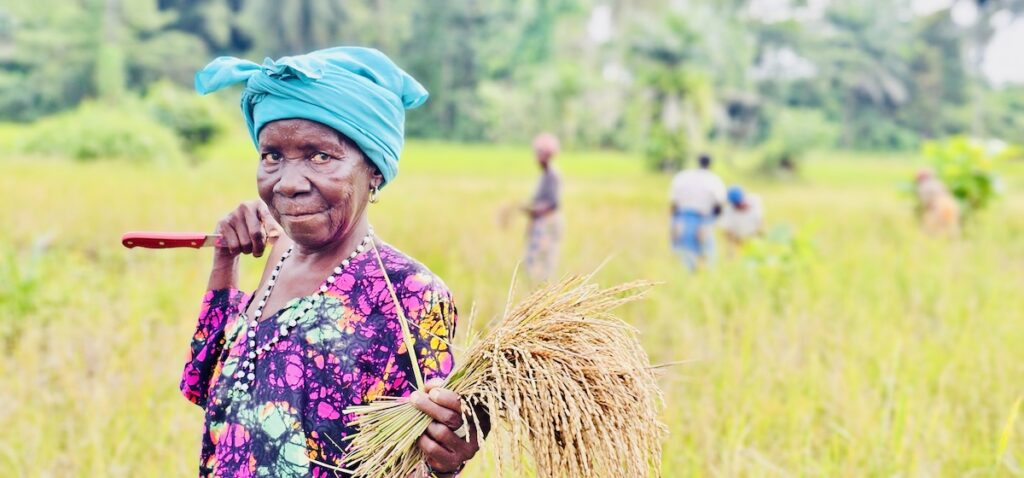The bank particularly praised Solidaridad for the effective deployment of tailored actions that led to the successful deliverables and outcomes of all project components.
This was contained in an Aide-mémoire shared by the bank during its final supervision mission conducted in November this year on the heels of the project closure.
Dr. Nyaneba Nkrumah, Project Task Team Leader at the bank indicated Solidaridad has demonstrated clear results which reflects a positive change in agroforestry practices among farmers and local communities.
She extolled Solidaridad’s effective handling of the grant phase of the project as well as the use of a multifaceted approach to communication and local community capacity building. This includes radio plays, the use of a climate change ambassador to galvanize support for climate action among the youth, promoting inclusivity of gender and migrant farmers, and the use of high-quality illustrations to train farmers.
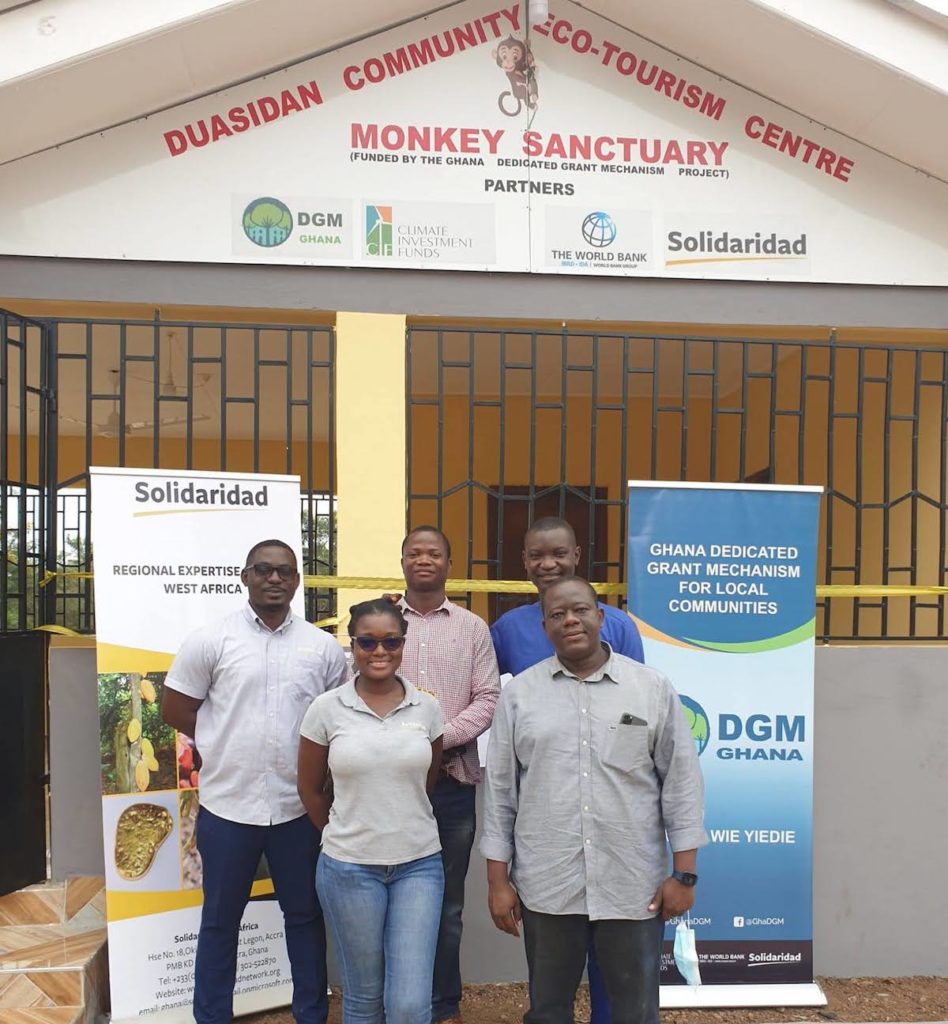
The five-year project, which started in 2017 benefitted more than 17,000 individuals (52% women) from 53 local communities who are now climate-conscious, and an additional 6,294 dedicated individuals who are actively engaged in sustainable practices. These were among beneficiaries, including communities and community-based organizations, that implemented 218 sub-projects funded by a small grant window under the project.
With funding from the Climate Investment Fund, the intervention benefitted from wide stakeholder collaboration, including with the Ministry of Land and Natural Resources, the Ministry of Finance, Forestry Commission, the Crops Research Institute, local assemblies, traditional authorities, and the project National Steering Committee.
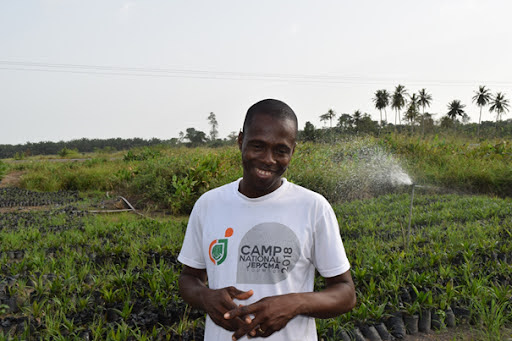
Supporting SMEs for a resilient oil palm sector
Solidaridad, under the Access to Finance and Enterprise Development component of the second phase of the Sustainable West Africa Palm Oil Programme (SWAPP II), has been supporting enterprises in Côte d’Ivoire to tap into various opportunities along the supply chain.
The committee comprising representatives from local communities, local NGOs, the World Bank and the Ministry of Lands and Natural Resources is mandated to monitor the project progress and ensure that the lessons are transmitted to ongoing national processes.
Bashiru Gambo, Chairman of the committee commended the World Bank’s partnership with Solidaridad and the Climate Investment Fund, that has resulted in the massive boost for local community resilience to climate change.
“When the project began, most of us had no knowledge of natural resources management and climate change but Solidaridad and the World Bank believed in our potential to serve as the national steering committee. We received training on leadership, project monitoring and climate change from Solidaridad. This boosted our confidence in supervising the project and participating in discussions on climate change,” he said.
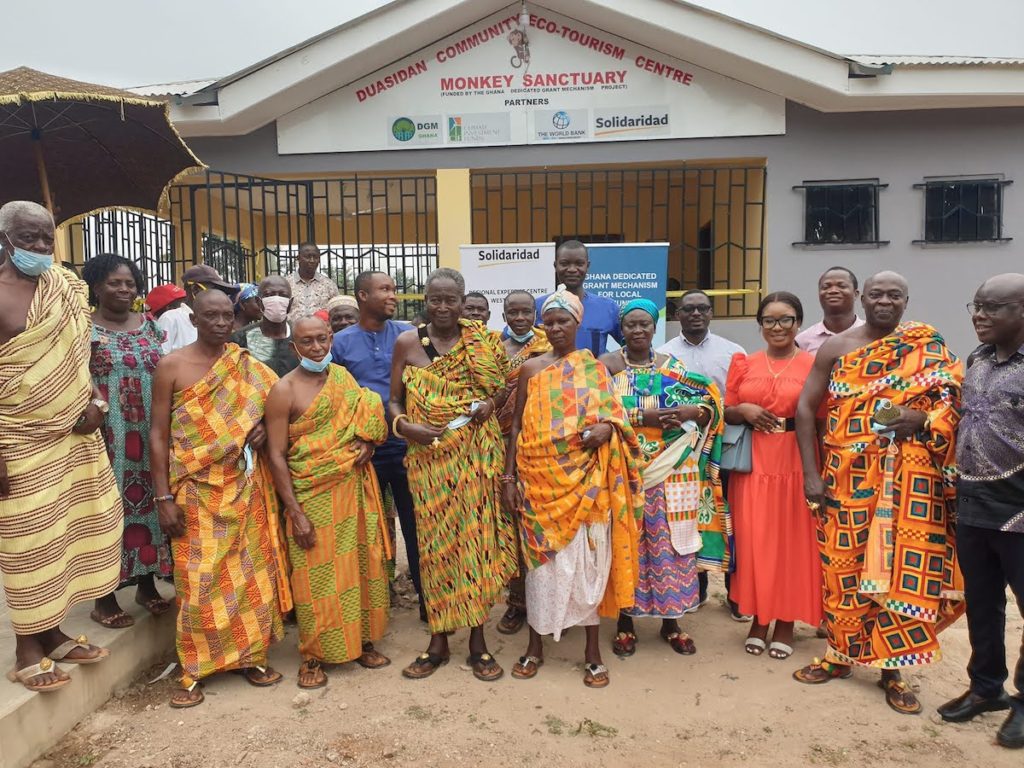
The project, which technically ended in November 2021, held a series of activities to close it out. This included the handing over of a newly built office and reception center to the Duasidan community in the Bono region, which receives visitors to the Monkey Sanctuary located there.
Aside from the office facility, Solidaridad also supported the committee with tree seedlings to enrich the forest where the monkeys live. Over a thousand ceiba, mansonia, mahogany and frake trees have been planted.
The Municipal Chief Executive for the Dormaa Central Municipal Assembly, Drissa Ouattara, promised Solidaridad and the community of the assembly’s support in the management of the facility.
Bossman Owusu, Head of communication at Solidaridad who spoke on behalf of the Regional Director said, “It is heartwarming for Solidaridad and partners to be able to simultaneously provide the livelihood support local communities need to thrive, restore their vegetative cover and increase their climate resilience.”
The World Bank also expressed satisfaction over Solidaridad’s handling of the project environmental and social safeguards as well as financial management arrangements.

